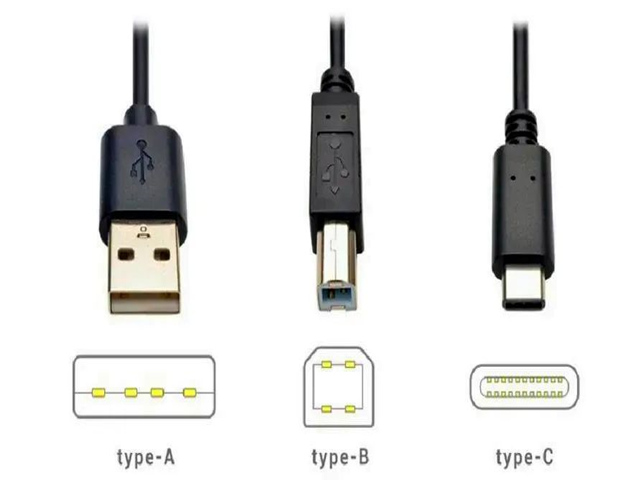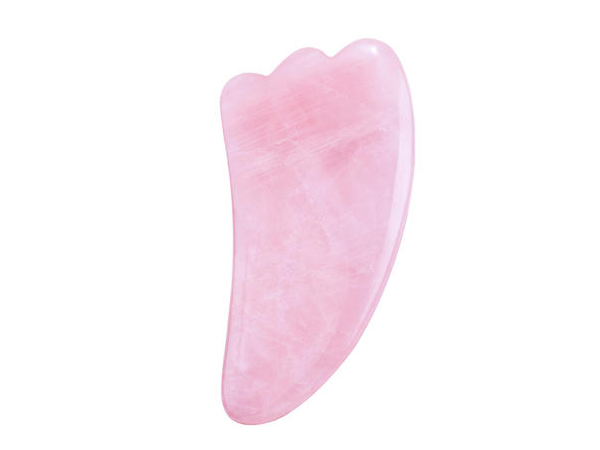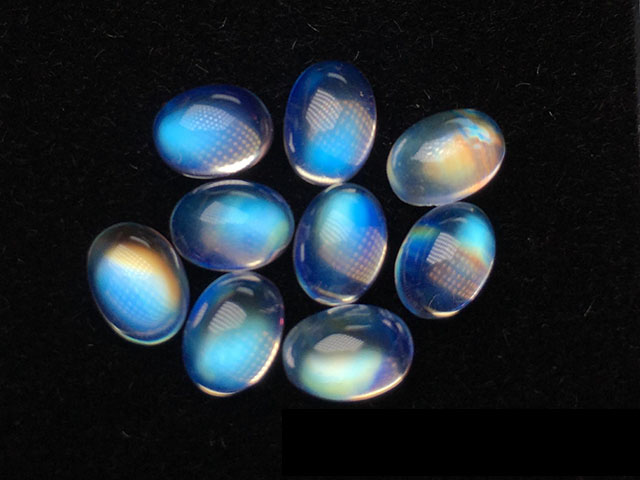With the widespread adoption of electronic devices featuring Type-C interfaces, Type-C charging cables have become the most popular charging connectors in recent times. USB Type-C, commonly referred to as Type-C, is a powerful USB interface that enables high-speed data and power transmission in a smaller and more compact form. While its reversible design for blind insertion is often highlighted, Type-C offers a range of advantages beyond this convenience. Let’s explore the key features of Type-C and understand the differences between standard Type-C and industrial-grade Type-C connectors.
Advantages of Type-C Interface:
Reversible Design: Type-C connectors have a symmetrical shape, allowing for blind insertion without worrying about the orientation. This feature enhances efficiency and convenience.
Smaller and Slimmer: Compared to USB Type-A and Type-B, Type-C is significantly smaller in width and thickness, measuring approximately 8.3mm x 2.5mm. This compact size enables smaller device openings.
Fast Charging Support: Type-C supports the USB Power Delivery (PD) protocol, allowing for higher voltage and current delivery, enabling fast charging of electronic devices and other products.
High-Speed Data Transfer: Depending on the USB standard used (USB 2.0, 3.0, 3.1 Gen1, or 3.1 Gen2), Type-C interfaces can achieve maximum transfer speeds of up to 10Gbps when utilizing the latest USB 3.1 protocol.
Versatility: Type-C interfaces serve both as power and data transmission connectors. They can fulfill charging and data transfer requirements, eliminating the need for multiple interfaces such as HDMI, DVI, or VGA.
Industrial Grade Type-C vs. Standard Type-C:
In demanding environments like outdoor mobile power sources or laboratory electrical performance testing equipment, standard Type-C connectors and cables may not be suitable. This is where industrial-grade Type-C connectors come into play. Let’s examine the distinguishing features of industrial-grade Type-C connectors, using the Type-C waterproof industrial connector developed by Shine Industry Electric as an example:
Adaptability to Harsh Environments: The Type-C industrial connector features a patented “waterproof structure” that ensures outstanding waterproof performance, with the highest protection rating reaching IP68. The all-plastic integrated insulation housing made of high-performance outdoor engineering plastic material exhibits excellent corrosion resistance. Moreover, it offers exceptional temperature resistance, operating reliably in a wide temperature range of -25°C to 85°C (plastic version) or -40°C to 85°C (metal version), meeting the challenges of outdoor, factory, and laboratory environments.
Strong Electromagnetic Interference Resistance: Shine Industry’s Type-C industrial connector employs a multi-layer electromagnetic shielding structure in both the interface and cable assembly, effectively reducing the impact of external electromagnetic signals on transmitted electronic data, ensuring data integrity.
Enhanced Durability with Potting Process: The Type-C industrial connector incorporates a potting process at the cable exit, ensuring stronger tensile strength and effectively preventing cable breakage and damage. This results in overall durability and extended product lifespan.
Quick and Secure Locking Connection: Shine Industry’s Type-C industrial connector features a patented “convenient installation and connection” structure and an appearance design protected by national patents. The convenient push-lock connection structure allows for plug-and-play and foolproof positioning, enabling faster, more convenient, and precise connections, ensuring a secure connection.
Conclusion:
Type-C interfaces offer numerous advantages, such as blind insertion, compact size, fast charging support, high-speed data transfer, and versatility. While standard Type-C connectors cater to most applications, industrial-grade Type-C connectors like the M12 Ethernet Connector from Shine Industry good in demanding environments where standard connectors may fail. These industrial-grade connectors possess additional features that make them suitable for outdoor, laboratory, and other harsh environments.




